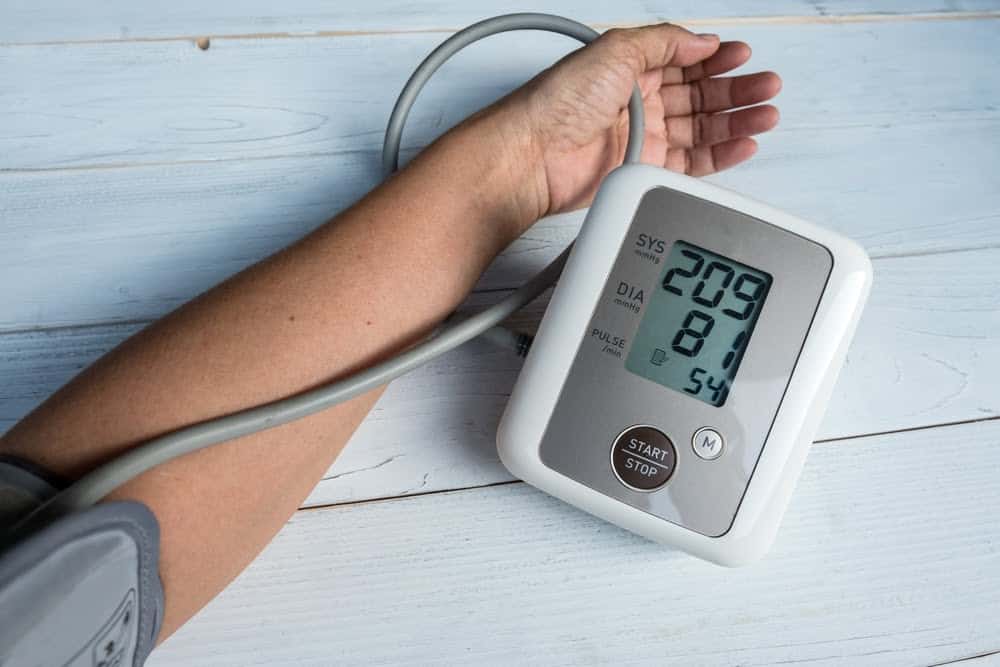A typical New Year’s resolution is to be healthier. This concept could mean hitting the gym religiously, or it could mean changing your diet. It could also be a combination of both! With so many different options for diets out there, it can seem a little overwhelming when forced to make a decision. What if I told you I could help in the decision-making process? The two best diets out there, as ranked by U.S. News and World Report, are the Mediterranean and the DASH diets, respectively. What exactly makes these diet programs so successful? Both tend to be easy to follow and are incredibly flexible when it comes to food choices. The Mediterranean and DASH diets are proven to be healthy for you, centered on whole foods and heart-healthy fats.
Experts say that both diets have the ability to reduce heart disease, improve chronic conditions, and improve mental health. What really sets these diets above the rest is that they aren’t concerned about telling you what you can and cannot eat; instead, the diets simply get you to think differently about how you choose foods. The best way to tackle this subject is to take one diet at a time and explain the aspects of each so you can see just how easy it is to adhere to either menu.

1. The DASH Diet
Let us start simple: DASH stands for Dietary Approaches to Stop Hypertension. The goal of the diet is to get followers to make lifestyle changes to treat or prevent hypertension, as the name suggests ultimately. The National Institute of Health created the diet in order to lower blood pressure without the use of medication. The diet encourages users to reduce their overall sodium intake while increasing the consumption of foods rich in potassium, calcium, and magnesium.
This diet works fast, with results in two weeks! You will notice a difference in your blood pressure in this short amount of time. You will see the most significant difference in the top number of your blood pressure, which is called systolic pressure: a reduction of eight to fourteen points can be obtained in these two weeks. Do not be fooled by this discussion; lower blood pressure is not the only health benefit the DASH diet has to offer. It also helps to prevent osteoporosis, cancer, heart disease, stroke, and diabetes. If you want noticeable results in a short amount of time, the DASH diet is precisely what you are looking for this year.
